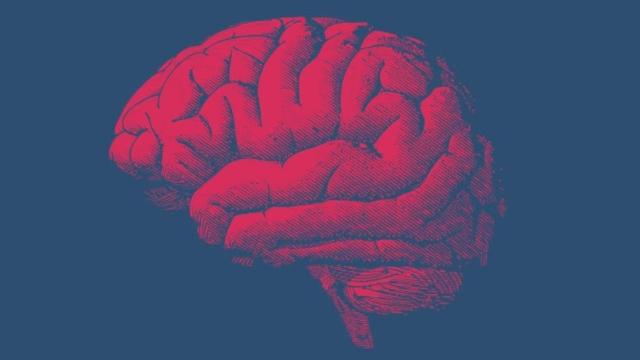As capable and in control as we may feel, the mind is able to trick us in many ways — and one of those ways is through cognitive bias. Cognitive bias is a systematic error in thinking that happens when the brain attempts to simplify the information it is processing and interpreting, which can then impact the decisions and judgements we make. As Yale psychology professor Woo-Kyoung Ahn recently explained to NPR, cognitive biases probably helped our ancestors make quick decisions to survive — but now, these biases can work against us.
What are the most common cognitive biases?
There are all sorts of cognitive biases, ranging from anchoring bias (the tendency to categorise information on a subject based on the initial fact you learned about it) to the Dunning-Kruger effect (when people — not you, of course — are unable to recognise their own incompetence).
As Ahn, who wrote the book Thinking 101: How to Reason Better to Live Better, also explained to NPR, we are all guilty of harbouring cognitive biases. The three most common cognitive biases that we are all guilty of include the tendency to overestimate our abilities, the instinct to fixate on the negatives, and cherry-picking data to confirm an already-determined world-view.
Overestimating our abilities can lead us to under-prepare for something because we assume we can already do it. Always fixating on the negative can hold us back from making an important decision, such as buying a house or switching jobs. Meanwhile, only paying attention to data that “confirms” what we already know can keep us from learning and accepting other facts.
How to avoid these cognitive biases
As Ahn notes, the general strategy for avoiding cognitive bias is to be aware of our predisposition toward bias, and to pause before making a decision so we can better question our assumptions. The bias will still be there but taking that extra moment to interrogate what we are doing and why can help reduce our tendency to make decisions based on faulty assumptions.
Some of the specific strategies for overcoming the most common cognitive biases include over-preparing for big events, projects, or presentations (to avoid the trap of overconfidence); making it a point to focus on both the positive and negative aspects of a decision; and making a conscious effort to look at issues and current events from a number of different perspectives, rather than relying on our previous assumptions.

Leave a Reply
You must be logged in to post a comment.